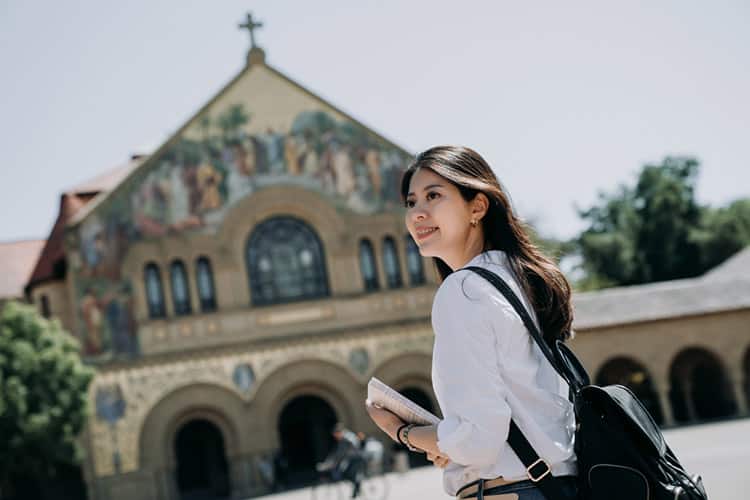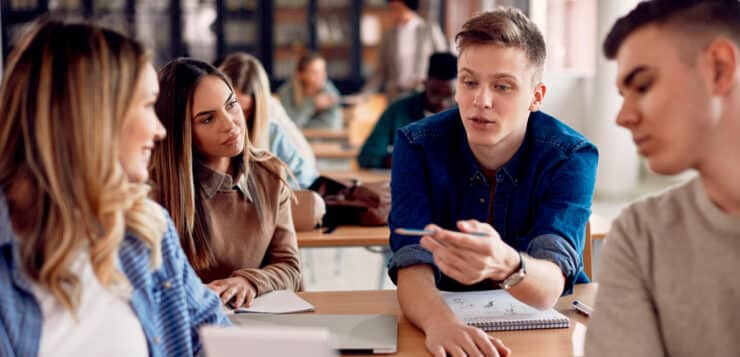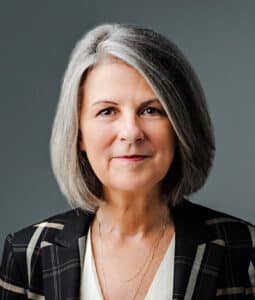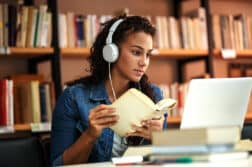The pandemic’s impact has been both universal and hyper-personal. For most students, their end destinations and their path towards it have undergone profound transformation. Industry and education have permanently shifted; changes for which no educator or employer could have fully prepared.
But the current moment is perhaps only unique in its rate of transformation. Technological, social, and economic shifts have been constants across the past many decades, and stasis—not dynamism—would be the exception to the rule.
On the last day of the year, the Globe and Mail released a report on Canada’s recovery-era economy. ‘Same worker, different work’ reads one of the headlines, under which the point is made that while the number of persons working is back to normal, the work they’re doing has considerably changed. That learning and work will be forever intertwined and continuous, long after preparatory degree programs are complete, is only more urgently true in the post-COVID outlook. The best possible way for a student to prepare for a future that can’t yet be known is to learn how to keep learning. To that end, belief and curiosity will be two crucial assets.
Student Mindset: The Birthplace of Learning Success
In recent years, psychologist Alia Crum has seen widespread media coverage for her work on how mindset can affect outcomes in Stanford’s Mind and Body Lab. As part of their research, Dr. Crum and her colleagues conducted a novel study that focused on the physical activity of hotel room attendants. Each room attendant completed daily tasks that tallied well above the recommended dose of physical activity as stated by the Surgeon General. But when asked how much exercise each attendant believed they were doing in a day, most respondents vastly under-reported; most room attendants didn’t think of their work as ‘exercise.’
In the study, half of the attendants were informed of exactly how much exercise they were in fact getting throughout their working day. The control group went uncorrected in their underestimation. Over the course of the study, the informed housekeepers showed a remarkable improvement in physiological measures associated with exercise, even though their workload was kept constant. Perceiving the exercising triggered the benefits of the exercising without changing any physical input. This outcome points to something Dr. Crum’s team has been able to repeatedly prove; what we believe directly determines what we’re able to achieve.
Belief as the Basis of Educational Achievement
Adam Grant, acclaimed author and organizational psychologist, recently said: ‘The people with the most potential are the ones who know they have a lot to learn.’ Here, Grant and Dr. Crum would be in close agreement. At the core of Grant’s assertion is what the hotel room attendants were given—belief. In this case, Grant refers to the belief in learning as a lifelong asset.
For students, understanding who one is, how one learns, and what one wants is the beginning of an individuated and empowered life. Learning how to learn is both a professional asset and a personal imperative. Post-pandemic students will have the lifelong task of building their own ‘curriculum,’; staying abreast of trends and changes, and studying them in accordance with their own curiosity, strengths and interests.

Sourcing a Personalized Educational Experience
The strongest education that’s available to Canadian students is one that supports and engages them in a process of life-long, personalized learning. To that end, core foundational skills are important prerequisites. Whether formal or informal, students need to facilitate their own access to hard and soft skill training in their desired field; a foundation on which they’ll continually build. Next, finding engaging ways to stay abreast of industry trends, needs, and changes—whether through networking, webinars, podcasts and media, or mentorship engagements—will help early-stage professionals continue to be students of their fields. This is an ongoing process, paired best with a high-level of self reflection. Being curious, taking in the world, and finding one’s place in it is a lifelong imperative; one that requires ruthless and compassionate self-reflection, employer feedback, and peer-to-peer engagement.
Just like the hotel room attendants in Dr. Crum’s study, students are well-served when they understand that each step they take toward the recovery-era workforce is a valuable part of their ongoing education. If every student could be a part of that ‘informed group,’—if each student believed that following their natural curiosities and learning how to learn is exactly the ‘recommended dose’—the benefits, both personal and aggregate, would be hard to overstate.
With a few years of that personalized approach, Canada’s industry could see an incredible increase in career-ready graduates entering the industry from a diversity of educational, socio-economic, and cultural backgrounds. Employers would benefit from self-motivated, engaged teams that have a vested interest in the work they’re doing. Most importantly, students’ lives would be changed for the better; most educational professionals would struggle to imagine a better outcome.
Canadian students are correct in that pandemic-related impacts have accelerated the rate of change in almost all industries. Life-long learning has always been an asset. In the context of our collective call to recovery, it’s become an imperative. The best strategy for students at any stage, in any educational context, is to commit to this life-long self-investment, to believe in their curiosity and in their competence, and to confidently take the task of success into their own hands.
Joanne Shoveller is the President of The International Business University (IBU) a not-for-profit independent higher education institution. IBU stands on the pillars of shorter learning timelines, industry-tailored curricula, small class sizes and personalized learning.









Discussion3 Comments
These types of articles give strength to students to build their academic career as well as their professional career, make a positive mindset for their future, and help out students to take seriously their university life and their future careers life.
This is a great idea, it will definitely be shared widely, thanks for sharing it with us
Exploring the power of belief on the path of personalized learning, this exclusive paper delves into the transformative impact of mindset on educational journeys. Understanding how beliefs shape learning experiences is key to unlocking individual potential. Studying this topic can help illuminate strategies for cultivating a growth mindset, empowering learners to embrace challenges and persist in their pursuit of knowledge.